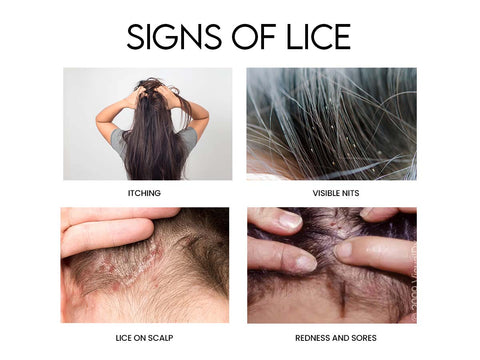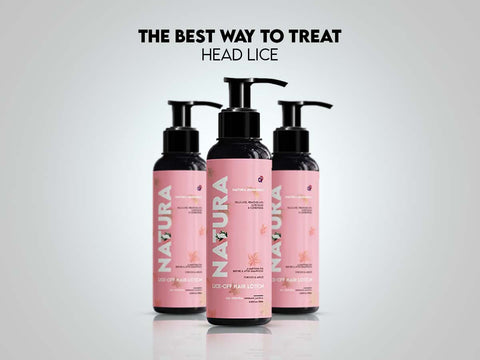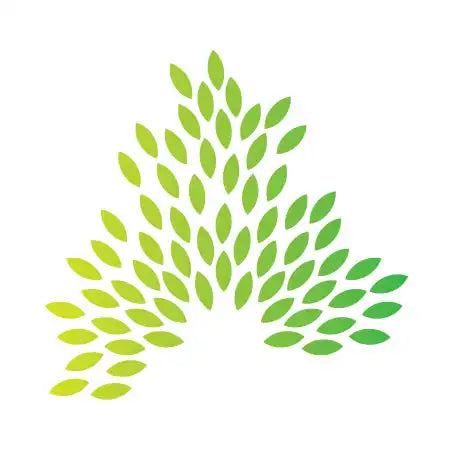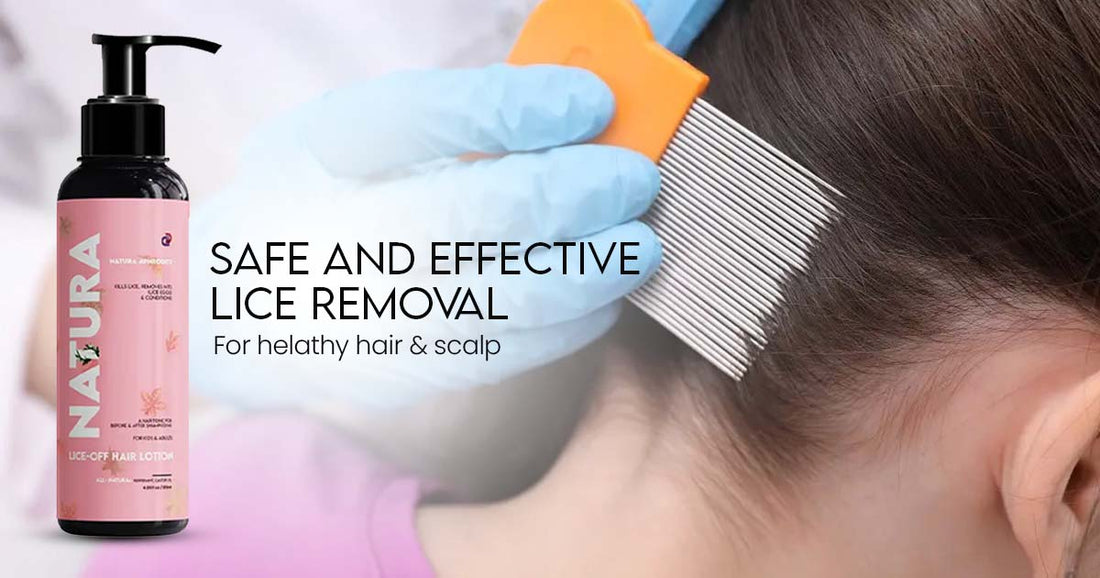Dealing with lice is a common concern for many, but it becomes particularly challenging when sensitive scalps are involved. Gentle yet effective lice removal solutions are paramount to ensure comfort while eradicating these pesky parasites.
Understanding Lice and their Impacts
Dealing with lice is an issue that transcends cultures and societies, affecting millions worldwide. While lice infestations are common, particularly among school-aged children, their impact on individuals and families can vary significantly.
Recognizing the Signs of Lice
Early detection of a lice infestation is vital to preventing its spread. Here are some common signs that may indicate the presence of lice:
Itching:
The most telltale sign of lice is itching on the scalp, neck, and ears. An allergic reaction to louse bites causes this and can vary in intensity from person to person.
Visible Nits:
Lice eggs, or nits, are tiny, oval-shaped, and often mistaken for dandruff. However, unlike dandruff, nits are firmly attached to the hair shaft and do not easily brush off.
Lice on Scalp:
While harder to spot, adult lice can sometimes be seen moving on the scalp. They are typically the size of a sesame seed and grayish-white or tan.

Redness and Sores:
Persistent scratching can lead to redness, irritation, and even sores on the scalp. These symptoms can sometimes be mistaken for other skin conditions.
Gentle Lice Remedies
For individuals with sensitive scalps, finding a lice treatment that is both gentle and effective is paramount. Harsh chemicals in some over-the-counter lice treatments can irritate, making the experience uncomfortable. Fortunately, effective, peaceful alternatives can help eliminate lice without the severe side effects. Natural oils and the wet combing method stand out for their efficacy and gentleness.
Non-Damaging Lice Treatment Options
When it comes to gently treating lice, there are several approaches one can take. These methods prioritize the scalp's health while effectively targeting the lice and their eggs. Both natural oils and the wet combing method offer effective, non-damaging ways to treat lice, especially suitable for those with sensitive scalps.
Natural Oils and Their Efficacy
For centuries, natural oils have been used as remedies for various ailments, including lice infestations. Here are a few oils known for their lice-repelling and suffocating properties:
Tea Tree Oil:
Known for its natural insecticidal properties, it can effectively kill lice when applied to the scalp. However, it should be used cautiously in a carrier oil to prevent skin irritation.
Coconut Oil:
Coconut oil can suffocate lice, making it easier to comb them out. Its thick consistency also helps loosen the grip of nits on hair shafts.
Olive Oil:
Like coconut oil, olive oil can suffocate lice for several hours. Applying it overnight under a shower cap is often recommended for maximum effectiveness.
Wet Combing Method
The wet combing method is a mechanical way to remove lice and nits without using chemicals. This method can be particularly effective when done correctly and consistently.
Wash the Hair:
Use best anti lice shampoo for cleaning, with clean, wet hair, and apply a generous amount of conditioner. This helps to immobilize the lice and makes the combing process smoother.
Section the Hair:
Divide the hair into manageable sections. This ensures thorough combing.
Use a Lice Comb:
Meticulously comb through each section of hair from the scalp to the ends with fine-toothed lice or nit comb. Wipe the comb on a paper towel to remove any lice or nits after each pass.
Rinse and Repeat:
After combing through the entire head, rinse out the conditioner. Repeat this process every few days for at least two weeks to ensure all lice and nits have been removed.
Natural Lice Prevention Techniques
In addition to treating active lice infestations gently, it's equally important to focus on prevention. Natural lice prevention techniques can be a valuable addition to your routine, especially for those with sensitive scalps who wish to avoid harsh chemicals.
Essential Oils
For centuries, essential oils and herbal remedies have been used to repel insects, including lice. Their natural properties can help keep lice at bay without the need for commercial lice prevention products that may contain irritants.
Tea Tree Oil:
Known for its antiseptic properties, it is a powerful deterrent against lice. Add a few drops to your shampoo or mix with a carrier oil like coconut oil and apply it to the scalp as a preventive treatment.
Lavender Oil:
Its soothing aroma calms the scalp and acts as a natural repellent against lice. Lavender oil can be mixed with carrier oils, added to water, and sprayed onto the hair before combing.
Rosemary Oil:
This oil has been cited for its insect-repelling properties. They can be used individually or in combination as part of a homemade lice prevention spray or added to the laundry when washing bedding and hats.
Effective Lice Solution for Delicate Scalp
Managing lice infestations on delicate scalps requires careful consideration to ensure the treatment is effective and gentle, avoiding further irritation or discomfort. While traditional lice treatments can sometimes be harsh, leading to scalp sensitivity, several effective solutions are designed specifically for delicate scalps.
Lice Treatment Options for Sensitive Skin
Mineral Oil and Olive Oil Treatments:
Similar to the mechanism of natural oils, mineral oil and olive oil can also suffocate lice when applied thoroughly to the scalp and hair. Leaving the oil on the scalp overnight, covered with a shower cap, and combing out the hair can remove both live lice and nits.
Wet Combing with Conditioner:
This mechanical method uses a fine-toothed nit comb to remove lice from damp hair liberally applied.
Herbal and Essential Oil Treatments:
For those preferring a natural approach, treatments utilizing essential oils like tea tree, lavender, and neem can offer a less aggressive solution. These oils have properties that can repel and sometimes kill lice.

Considerations for Treatment
Patch Test:
Conduct a patch test to ensure no adverse reaction before applying any new product or substance to the scalp, primarily if it's known to be delicate.
Follow Instructions Carefully:
Whether using over-the-counter treatments, prescription solutions, or home remedies, following the application instructions carefully is crucial to ensure effectiveness and prevent irritation.
Consult a Healthcare Professional:
If unsure about the best lice treatment for a delicate scalp, or if scalp sensitivity persists, consulting with a dermatologist or pediatrician can provide personalized advice and treatment options.
Conclusion
In conclusion, navigating the challenge of lice removal requires a balanced approach that considers both the effectiveness of the treatment and the health of the scalp. The availability of gentle, itch-free lice solutions and removal techniques offers a pathway to addressing infestations without compromising scalp health.



